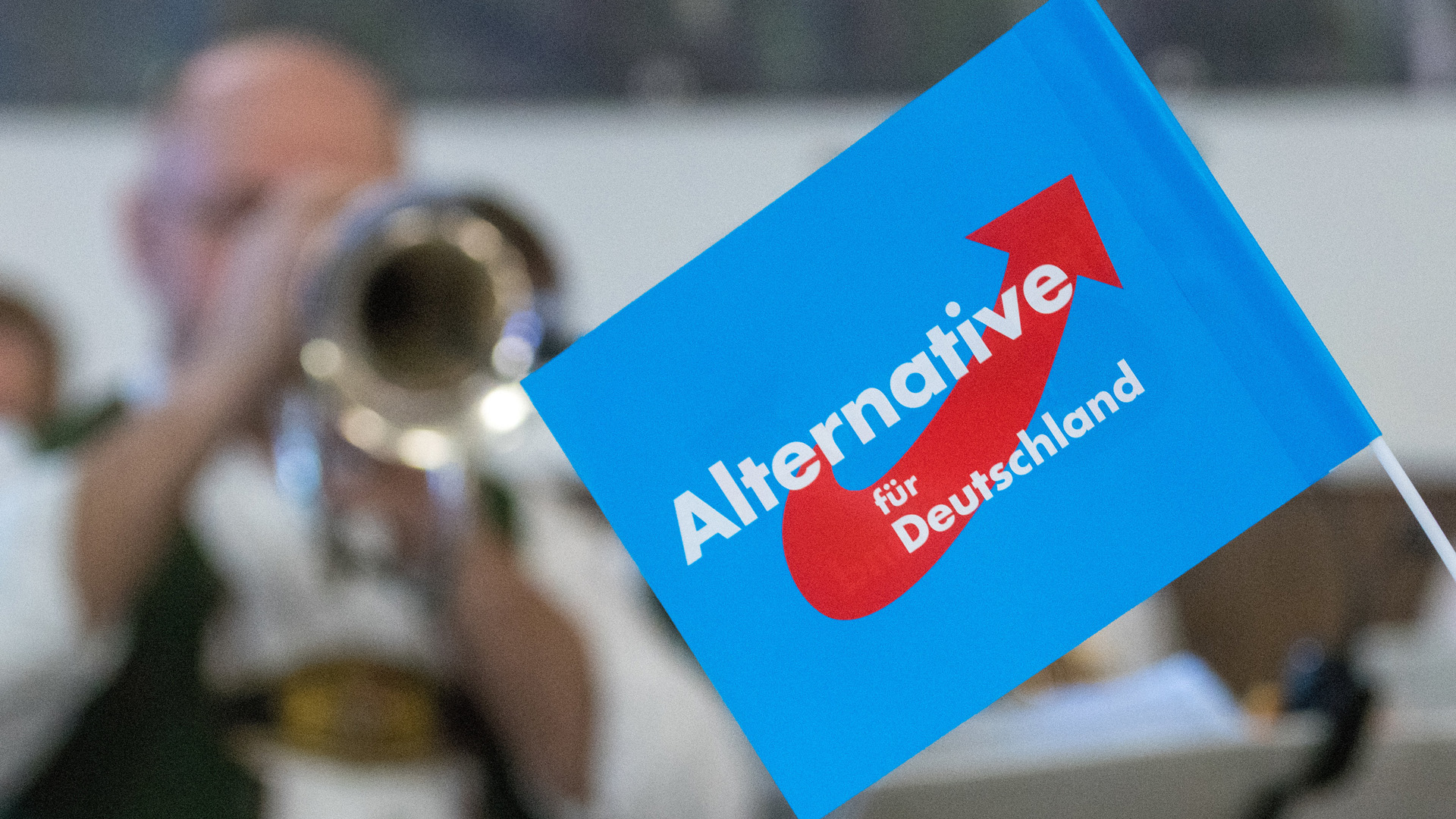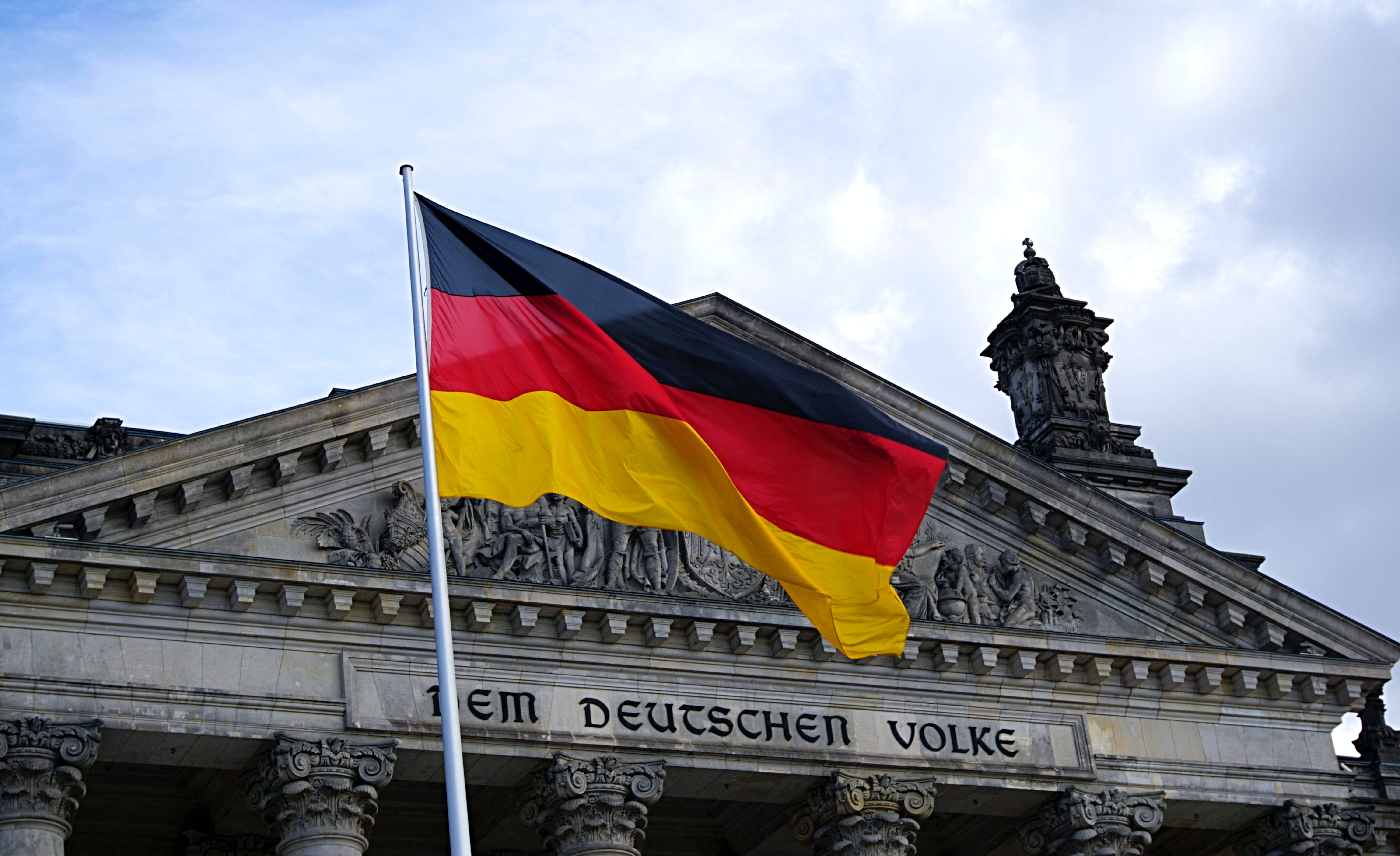Elon Musk Sparks Outrage with Bold AfD Endorsement Amid Germany’s Political Turmoil
Billionaire Elon Musk's endorsement of the far-right AfD party ignites a heated debate on democracy, foreign interference, and free speech ahead of Germany's elections.

Billionaire Elon Musk is at the center of yet another political storm. This time, the entrepreneur and CEO of Tesla and SpaceX has drawn sharp criticism from German politicians, both in the government and the opposition, for publicly endorsing the far-right Alternative for Germany (AfD) party. Musk’s commentary, published in German in the “Welt am Sonntag” newspaper, comes at a particularly sensitive time, as Germany prepares for federal elections scheduled for February 23, following the collapse of the coalition government led by Chancellor Olaf Scholz.
The endorsement has been described as an “intrusive” and “unprecedented” instance of foreign interference in Germany’s democratic process. Friedrich Merz, leader of the opposition Christian Democrats (CDU) and a leading candidate to succeed Scholz, expressed his dismay in an interview with the Funke Media Group.
He stated, “I cannot recall a comparable case of interference in the history of Western democracies in the election campaign of a friendly country.” Merz characterized Musk’s involvement as both “intrusive and pretentious.”

Musk’s Endorsement: “Only the AfD Can Save Germany”
He considered the AfD “the last spark of hope” for Germany. According to his opinion piece, Musk supported the policies on market deregulation, taxation, and reform of regulatory burdens pursued by the party. In his words, the policies implemented by the AfD will resuscitate Germany’s economy from slow growth and high energy prices. Only the AfD can save Germany,” a commentary on his post on X, formerly known as Twitter. It has always added fuel to an already very hot political atmosphere by the billionaire’s support of the nationalist, anti-immigration AfD party.
The publication of Musk’s commentary has had immediate repercussions. The editor of the opinion section at “Welt am Sonntag” resigned following the backlash, underscoring the divisive nature of Musk’s views. However, the paper’s newly appointed editor-in-chief has spoken out in defence of the move to publish, saying that freedom of opinion is the essence of democracy and journalism and that such views would polarize anyone.
AfD’s Rising Popularity
Opinion polls have already seen the party gaining ground, while now it sits as the country’s second-strength party of Germany. Mainstream parties, while agreeing that they will never form a national coalition government including the AfD, have watched anxiously over this surge in AfD power, which the party derives precisely from its resolute opposition to policies on immigration, the European Union, and climate regulations issues now at the very top of widespread disaffection from traditional parties in Germany.

With its popularity growing, the AfD remains controversial in German politics. Critics have called it far-right, and Germany’s domestic intelligence agency is monitoring it because of right-wing extremist elements believed to be within the party. The mainstream politicians on both the centre-right and centre-left have repeatedly uttered that they will not cooperate with the AfD despite the electoral victories, leaving this party politically in isolation.
Political Backlash to Musk’s Commentary
Saskia Esken, co-leader of the Social Democrats (SPD), was particularly vocal in her criticism of Musk’s actions. She accused the billionaire of attempting to undermine Germany’s democracy and workers’ rights in pursuit of profit.
“In Elon Musk’s world, democracy and workers’ rights are obstacles to more profit,” she told Reuters. “We say quite clearly: Our democracy is defensible and cannot be bought.”
This echoes German politicians’ general anxiety concerning the political space of wealthy citizens and foreign influencers. The storm over the Musk endorsement highlights this tension between free speech and the perceived responsibility to desist from influencing democratic processes for influential people.
Implications for German Politics
That was not only unfortunate timing for Elon Musk’s intervention but also the worst in the world. The coalition government that Chancellor Scholz was holding had been overturned, leaving Germany in a dicey political state. Elections would be its watermark moment in the future. With support for AfD skyrocketing, it might be impossible to prevent it from creating an unstable majority, and mainstream parties would be forced to make uncomfortable choices.

While the endorsements by Musk should increase awareness of AfD’s election, electoral gains remain in doubt. Most Germans may receive the comments as an untimely interference that should engender oppositional voter mobilization among those who are against national sovereignty and democratic integrity.
Musk’s Political Influence: A Global Phenomenon
Not for the first time, Elon Musk has stepped into the political realm. An outspoken critic of some regulatory policies in the United States, he has always associated himself with conservative forces, including former President Donald Trump. Moreover, the billionaire will soon become an outside adviser to the administration of President-elect Donald Trump, a fact that only confirms his polarizing position in world politics.
In that sense, Musk’s support for the AfD is part of a more significant trend: affluent elites speaking from their pulpit to move political discourse. While some will see this as an exercise of free speech, others see it as an insidious consolidation of power working against democratic ideals. For Germany, a country with a problematic history of far-right extremism, Musk’s comments have especially provoked anger, and many politicians have emphasized the need to safeguard democratic institutions from interference from abroad.
Freedom of Opinion vs. Responsibility
Making Musk’s editorial part of their journal, “Welt am Sonntag,” has again ignited debates on the role of the media in amplifying these controversial ideas. Free opinions are the main pillars of democracy, yet voices consider that the media has the responsibility to feel the effects of the opinion they choose to amplify. In this instance, the release of Musk’s endorsement has focused attention on the AfD’s platform, possibly legitimizing a party many consider a threat to democratic values.

Conclusion
For example, when Elon Musk expressed his endorsement of the Alternative for Germany party, the avalanche of reaction and continuous public criticism afterwards also became a sharp reminder of how free speech merges into the influence of politicians and the integrity of democracy. When Germany is approaching its federal elections, such controversy must remind one about how foreign interference affects the democratic setup and the heavy influence of super-rich people while forming an opinion.
For the German voter, these elections present a watershed moment. It will redefine the politics of Germany if done right. It may also confuse an already tense campaign if left for Elon Musk’s input. Still, the choice lies in the hands of the German voters as they elect their leaders and shape their nation’s future. This spells a vital lesson: vigilance over democratic principles and the struggle against eventual drowning by the weight of the power of any continuing voice from ordinary citizens.




